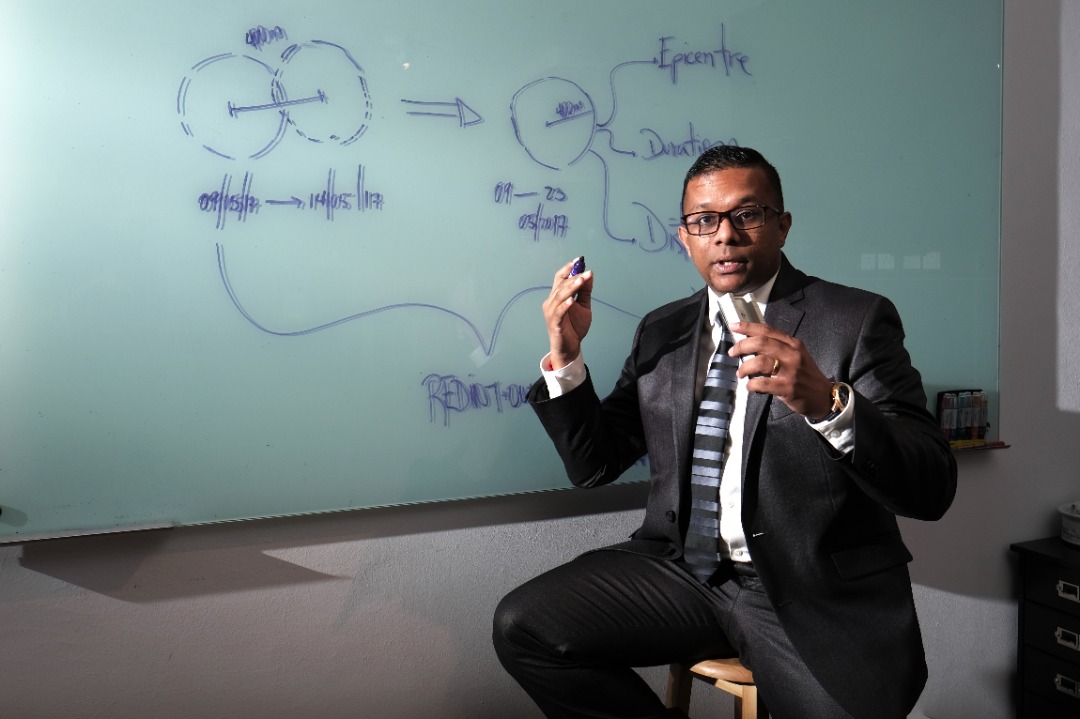KUALA LUMPUR, May 14 — Countries that successfully managed Covid-19 outbreaks without imposing lockdowns tended to have high self-regulation in safe distancing and tech-powered contact tracing, data scientists said.
Young Digital Leaders (YDL) Malaysia, a group of data scientists and statisticians, compared the stringency of government policies in Malaysia and various countries like South Korea, Sweden, Singapore, and the United Kingdom (UK) in response to the coronavirus pandemic.
“The success of less stringent policies undertaken appear to be possible where communities had a high literacy on self-imposed social restrictions where public compliance was crucial.
“It allowed society to function with almost normality despite certain social restrictions. Socio-economic activity transpired with minimal stifling,” wrote Dr Dhesi Baha Raja, Dr Adlan Suhaimi, and Khairul Omar for YDL Malaysia in an article titled: “Covid-19 Government Response Tracker: A Dynamic Comparative Reflection of Global Performance”.
They pointed out that both South Korea and Sweden did not close businesses, but citizens in both countries had high health literacy and self-imposed safe distancing measures. South Korea also instituted consistent testing and automated contact tracing policies early, while Sweden opted for a sustainable herd immunity policy.
Singapore also ran extensive testing from the start and, like South Korea, used rigorous automated contact tracing that helped contain the initial phase of the Covid-19 outbreak, before a surge of cases among foreign workers.
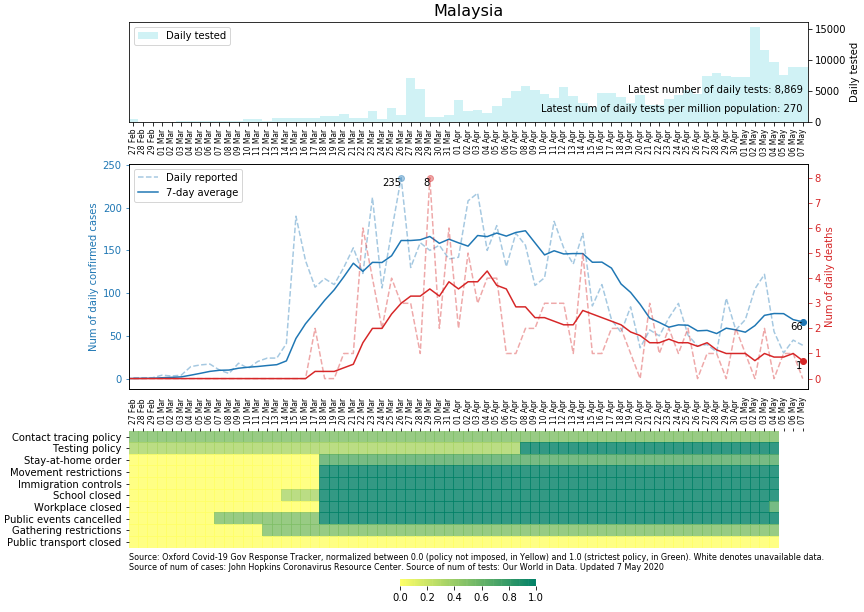
On the other hand, Malaysia’s strict Movement Control Order (MCO) that was implemented on March 18 in three two-week phases, since the onset of the Covid-19 epidemic here last January, had allowed the number of official Covid-19 cases and deaths to peak gradually, reaching an almost plateau-like escalation followed by a decline, YDL Malaysia reported.
The seven-week lockdown was imposed nationwide and generally prohibited people — with enforcement from the police and even the Armed Forces — from travelling beyond 10km from their homes, as violations of movement restrictions were punished with incarceration or RM1,000 fines.
“Various policies have been adopted by Malaysia with variable degrees of stringencies. Guided by the disease burden, the outcome has been favourable to date. The decision to gradually lift social constraints was made to balance both health and non-health determinants.
“The next course of weeks will decide how effective these decisions are in sailing through the uncharted waters of the Covid-19 pandemic,” YDL Malaysia concluded.
Malaysia entered the latest four-week phase of the Conditional Movement Control Order (CMCO) yesterday, where most businesses were reopened to restart the country’s economy amid the Covid-19 pandemic. However, there is still concern about a second wave of the coronavirus as countries like South Korea and Germany experienced a surge in Covid-19 cases after easing their movement restrictions.
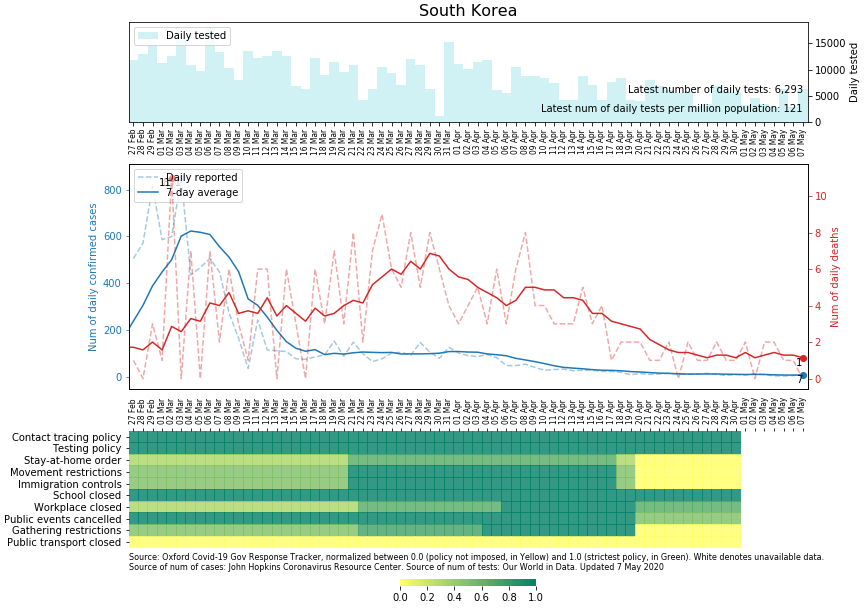
To compare the different levels of coronavirus-related government policies between countries, YDL Malaysia referred to the “Stringency Index” developed by the Oxford Covid-19 Government Response Tracker (OxCGRT), which is a number that standardises the strictness of government policies, where zero represents the weakest and 100 represents the strongest government response to the coronavirus pandemic.
Oxford University’s index simply records the number and strictness of government policies — like school closures, workplace closures, and travel bans — not the effectiveness of a country’s response. As of May 7, Malaysia was ranked at 68.4 on the Stringency Index compared to the UK that was ranked at 82.3, Sweden at 47.4, South Korea at 46.2, and Taiwan at the lowest of 29.4.
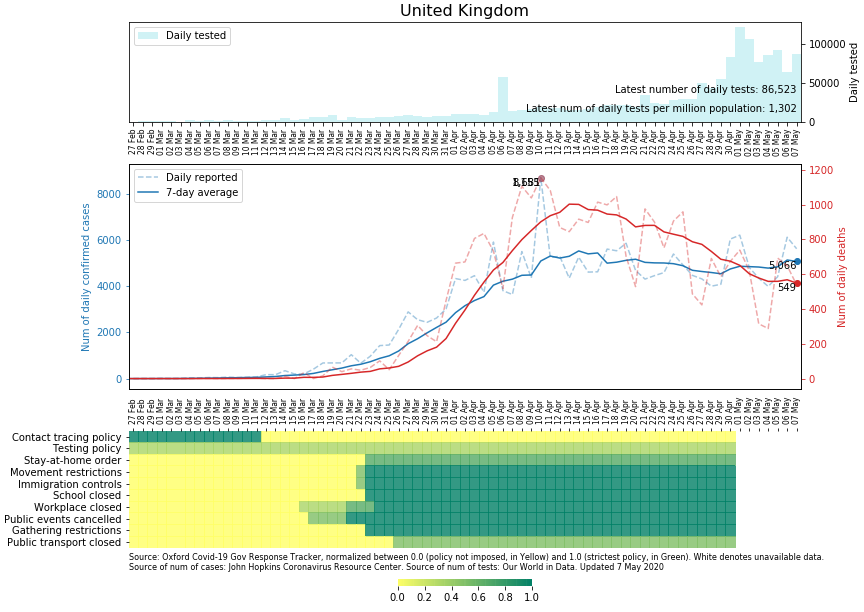
Since the global outbreak of Covid-19, many nations, including Malaysia, had opted for drastic measures such as strict movement restrictions or a nationwide lockdown to curb the disease transmission, reduce mortality, and to prevent overwhelming their respective health care systems.
The UK decided late to institute a lockdown after abandoning its initial push for herd immunity. Indecisiveness resulted in an escalation of Covid-19 cases and fatalities.
“The UK continues to struggle with healthcare facilities being overwhelmed with the economy tail-gaiting in the aftermath,” said YDL Malaysia.
Countries like South Korea, however, successfully took on the virus without locking down the nation, while Sweden has decided for sustainability and has “bitten-the-bullet” to achieve herd immunity through community exposure at the expense of higher morbidity and mortality, YDL Malaysia noted.
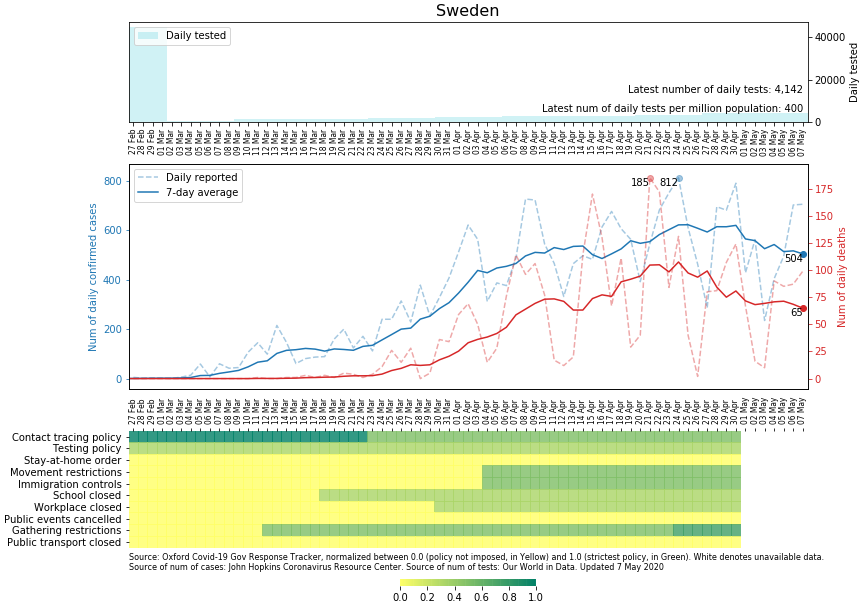
“The role of Automated Contact Tracing has emerged as an important tool for early informed intervention, which is a hallmark of efficient outbreak management.
“Countries such as South Korea, Singapore and Taiwan have demonstrated that technology can effectively assist in outbreak management,” YDL Malaysia said.
The group of data scientists noted that manual contact tracing methods are still being used by Malaysian authorities as an ongoing exercise in curbing the spread of the coronavirus in the country.
YDL Malaysia also pointed out that rapid data integration and analysis should be an essential tool of the future in outbreak management, together with greater data transparency, data confidentiality and data sharing,
“The time has come to adopt a pragmatic approach towards data sharing, especially in addressing global pandemics where the speed of communicating information affords early and pre-emptive action to be taken which, ultimately could save millions of lives,” said YDL Malaysia.
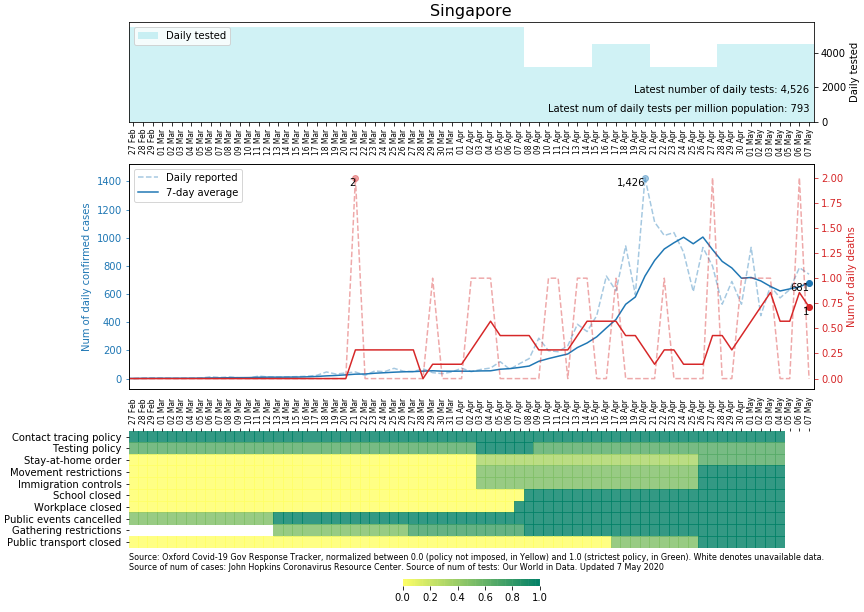
In terms of disease screening, YDL Malaysia noted that extensive testing with rapid lab turnaround time has shown to be fundamental in breaking chains of disease transmission when implemented in a timely manner.
“Timeliness in attaining real-time-data as opposed to ‘lag-time’ data does not only allow one to assess the disease burden but also to allow early interventions. Ultimately, test results represent the most important variable which determines policy making,” said YDL Malaysia.
According to the Ministry of Health Guidelines Covid-19 Management No. 5/2020 (updated 24 March 2020), rapid test kits have yet to be listed for the coronavirus, as the current gold-standard testing method is the rt-PCR test, where samples obtained through nose and throat swabs are sent to labs. Results take 24 to 48 hours.


